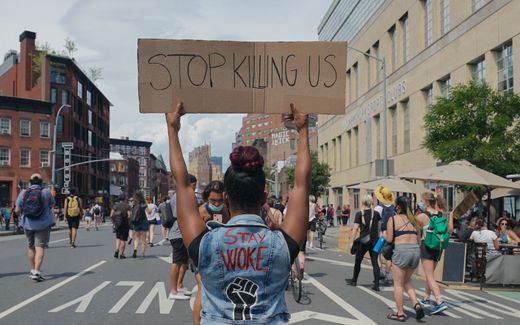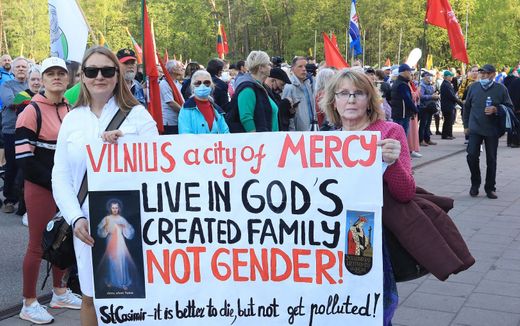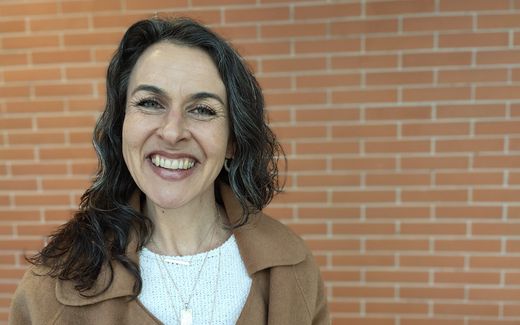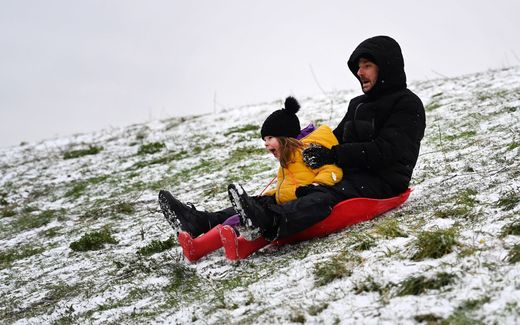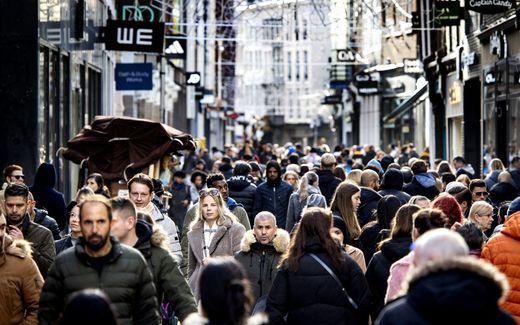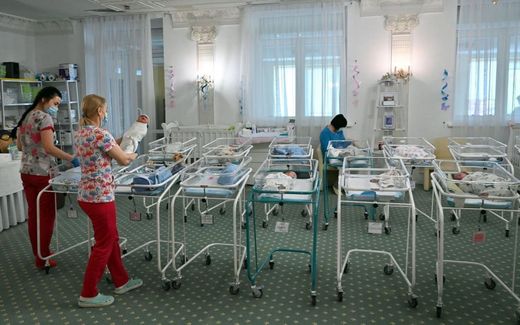This is what happens if parents’ rights are not protected against the state
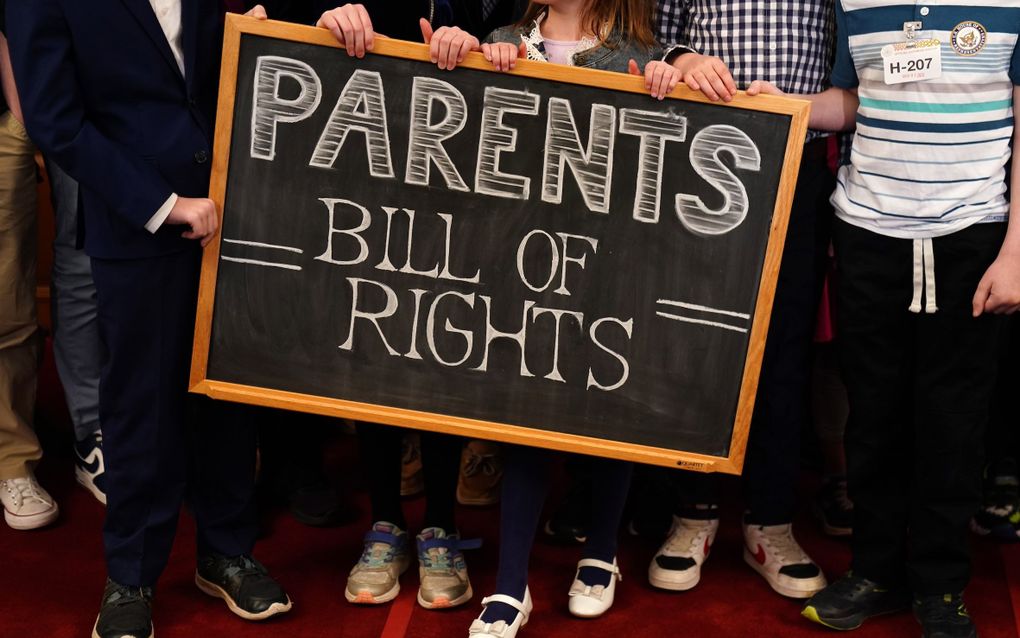
Parents have rights. But sometimes, they come into conflict with other interests. Photo EPA, Will Oliver
Central Europe
A Swiss family is living in a nightmare. Their 16-year-old daughter started to have mental health struggles during the COVID period. After this, she expressed ‘gender confusion’ and wanted to transform into a boy. An impression about parental rights.
The child’s parents objected to her transition plans and responded with private mental health care for her. They resisted the attempt to give her ‘puberty blockers’. They rejected her school’s attempt at her ‘social’ transition by addressing her with a new name and pronouns.
The daughter moved from her parents’ home to a special shelter from the organisation Le Refuge. This is a professional transgender advocacy body, funded with government money. The father and mother now face a legal stand-off over their fundamental rights as parents to care for their child.
At the same time, the child is encouraged to pursue medical interventions to ‘transition’. The government regulates the parents’ access to her. “I can’t believe we live in a society where your child can be taken away from you simply for trying to protect her”, the father commented in a video released by ADF International. This Christian legal organisation is assisting the parents. The parents are speaking anonymously for safety reasons and to protect their children.
The Swiss example, made public today, is not unique. State authorities and other institutions’ interference with parents’ rights and responsibilities is becoming a worldwide phenomenon.
In the State of California, for example, Democratic senator Chris Ward recently proposed a new bill forbidding schools from informing parents about children who want a gender transition. As the Democrats form a majority in the California Congress, this bill is very likely to be accepted.
In the Netherlands, a new law prohibiting ‘conversion therapy’, including every effort to ‘suppress’ a child’s desire to change his or her identity, is explicitly mentioned in the outline agreement of the new Dutch right-wing coalition.
Historically, this development is far-reaching and almost without precedent in the Western world. Parents who regard the upbringing and education of their children as their right and duty are confronted by schools, hospitals and governments that interfere in this relationship and try to ‘protect’ children against their parents.
However, this is more than just a traditional point of view; it is grounded in international law. Although governments and international institutions increasingly challenge and negate parental rights, parents have natural rights (and also duties) to raise their children. These rights are pre-political and pre-exist all these same governments, states and international organisations.
The Universal Declaration of Human Rights (UDHR) recognises that both parents have common responsibilities for the upbringing and development of the child. “Parents have the primary responsibility for the upbringing and development of the child. The best interests of the child will be their basic concern” (article 18). This Declaration also affirms the parents’ “prior right to choose the kind of education that shall be given to children” (article 26 (3)). The family is called “the natural and fundamental group unit of society and is entitled to protection by society and the State” (article 23 (1)).
This evidently means that governmental organisations are not the ‘givers’ of parents’ rights and duties. Parental rights flow from the fundamental features of our humanity, such as the natural ability to become a parent. Children, of course, also have rights, and parental rights may, in highly exceptional circumstances, be limited (for example, children removed from their parents due to neglect or abuse). Still, international law promotes a quick restoration of the parent-child relationship.
The problem, however, is that more recent and non-binding conventions, such as the Convention on the Rights of the Child, contain passages that are used to undermine these parental rights. The Convention of the Rights of the Child provides that when it concerns the child’s exercise of religion or belief, parents should ‘provide direction to the child in the exercise of his or her right in a manner consistent with the evolving capacities of the child’ (Article 14 (2)).
The Committee on the Rights of the Child (that monitors the functioning of the Convention) has interpreted the “evolving capacities of the child” as giving the child autonomy regarding the choice of religion when in opposition to the religious choices of parents.
The same is true for the interpretation of “the best interest of the child.” Parents are not trusted to always act in the best interest since the Committee has used this phrase to elevate the autonomy of children above parental rights. This can lead to state scrutiny to establish whether the parents defend the right interests.
In this new way of thinking, the privacy rights of children, which have been regarded as an issue for adults to determine, can conflict with those of adults. This privacy that children desire and require as they mature also implies “sexual expression and physical autonomy”. Adolescents need to be able to safely and privately explore their sexuality as they mature’, and this is infringed by “Governments, health care and other professionals, parents and peers”.
In conclusion: “Parental consent may not always be in the best interest of the child or aligned to the child’s views.” This conclusion makes the way of thinking behind the Swiss government’s decision to remove the daughter from her parents (mentioned at the beginning of this article) abundantly clear.
The parents’ case is now backed by ADF International in Vienna (known for their legal help for Finnish parlementarian Päivi Räsänen). ADF’s Felix Boellmann, director of European advocacy at ADF, stated today: “Children who experience discomfort with their biological sex deserve to be treated with dignity and need compassionate mental health care, which these parents have gone to great lengths to provide. Swiss authorities are in clear violation of international and national law in separating this girl from her parents. Not only have these parents committed no wrong, they absolutely must have their child returned home and are under no obligation to consent to the authority’s demands to allow dangerous medical interventions. Switzerland must act now to restore this child to her parents and address the egregious overstepping on the part of the school and child welfare agency that allowed this nightmare scenario to unfold.”
Related Articles


